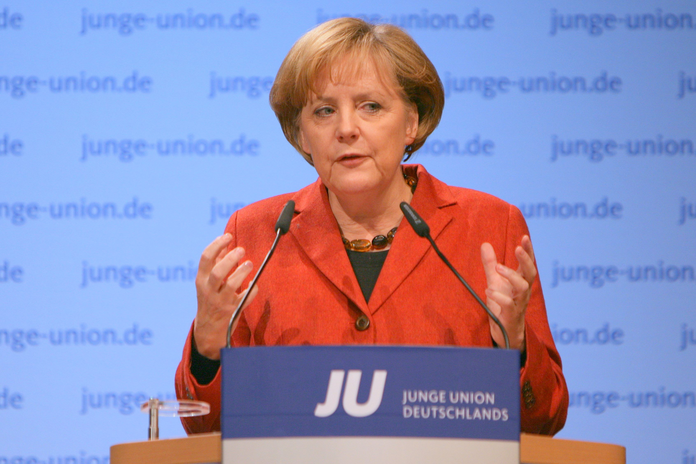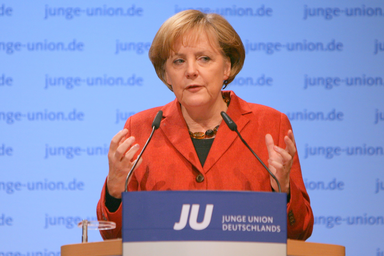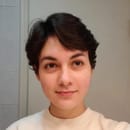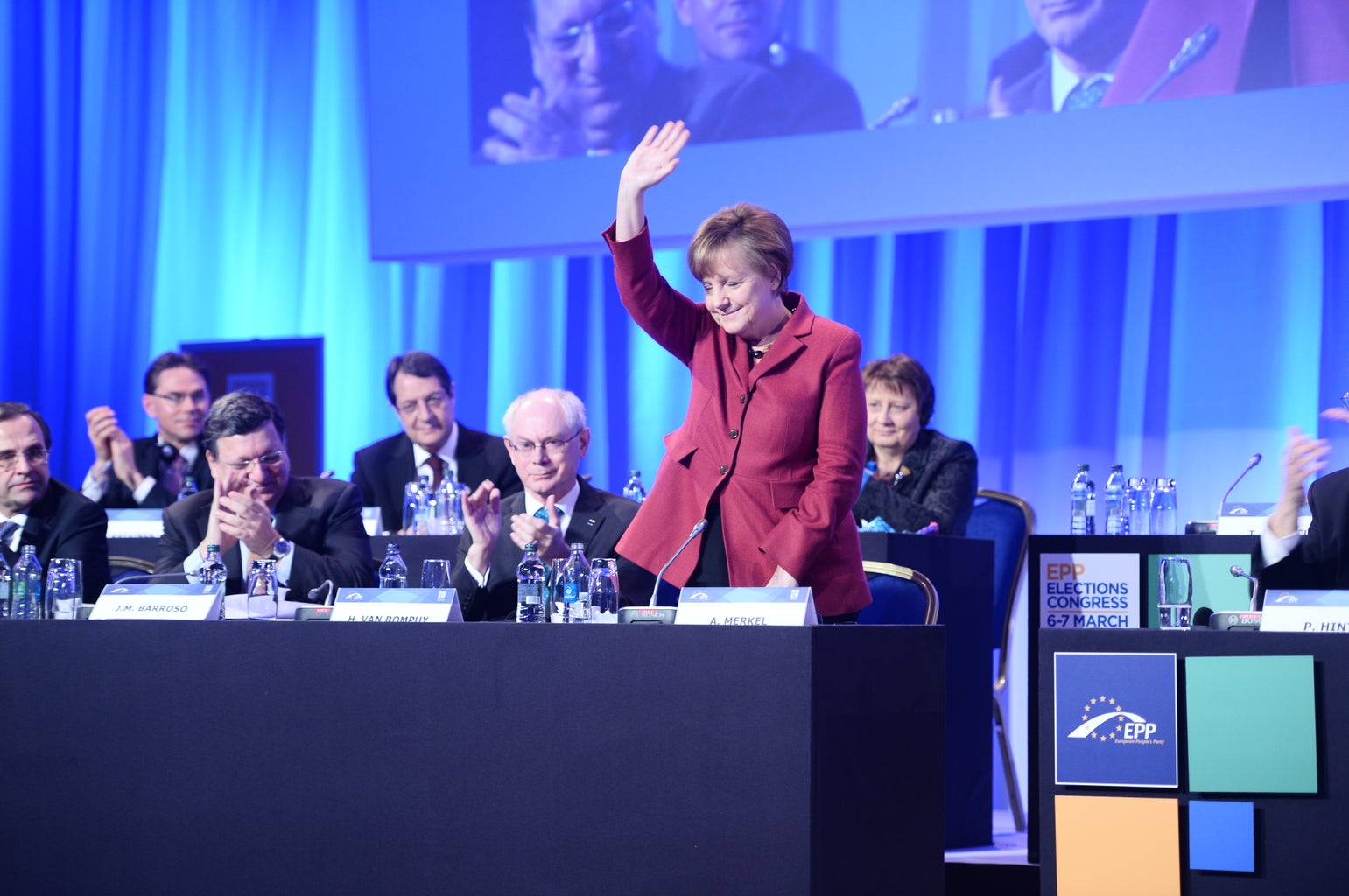On September 26, the German people headed to the polls in an atypical election. Its format was the same, as were the competing parties. The only difference was that the name “Angela Merkel” was not among the candidates.
Who is Angela Merkel?
Angela Dorothea Kasner was born on July 17, 1954 and moved to East Berlin when she was three months old. Angela was a member of a communist movement of the Socialist Party of Germany and learned Russian in school.
In college, she studied physics and got a PhD in quantum chemistry. After the fall of the Berlin Wall in 1989, she joined politics, later affiliating to Christian Democratic Union (CDU), her party until today. At this time, the chief of Germany was Helmut Kohl, chancellor from 1982 to 1998 and Merkel’s mentor.
After her affiliation, she became a member of the parliament and later was appointed to the Ministry of Woman and Youth – at which time Merkel was known as “Kohl’s girl”. Then, she became president of her party, leader of the opposition, and finally, in 2005, chancellor of Germany, becoming the first woman and youngest person to hold this position.
Sixteen years as chancellor
As you may notice, the exchanges of leaders in Germany are not so frequent. Three of them – Konrad Adenauer, Helmut Kohl, and now Angela Merkel – beat the mark of at least fourteen years in office.
Whoever is in office is remembered by a generation. The ’80s were known as the “Kohl generation”, and the ‘2000s is the “Merkel generation”. There is no doubt of the impact that such a change will cause in Germany and, why not, the whole world.
After sixteen years, Merkel is known in the entire world as a responsible and conciliatory, even boring, leader, who was always a representative of Europe. She is famous for wearing the same style of clothes – suits of different colors, never attracting a lot of attention, but that became her symbol -, for having no accounts in social media, and even fewer apparitions on television – limited to speeches in New Year messages – and living in a regular apartment in Berlin, rather than in the official residency.
Moreover, she popularized the famous gesture of forming a rhombus with her hands. This, according to Merkel, was born out of a doubt about “not knowing where to put her arms.”
Her major challenges in the post were the 2008 economic crisis and the migration crisis in 2015, among others, such as the Russian invasion of Ukraine in 2014, the years of Donald Trump, and, now, the pandemic.
In the aftermath of the economic crisis, most of Germany and European countries were opposed to Merkel securing Greece in the Eurozone because of its severe crisis. She kept her position and succeeded.
In 2015, the chancellor maintained the borders open to receive at least one million Syrian refugees, an action she was criticized for. Research already shows that 80% of those who entered Germany at that time nurtured a belonging sentiment and were working and paying taxes.
When Donald Trump was elected, in 2017, Mutti, which in German means “mommy”, decided to run for another mandate, to contain the damage that he could cause in the international scenario. That gave to us this picture:
A catchphrase emerged at this stage and can be used until today: Wir schaffen das, or “We will be able to handle it”. In 2020, the country dealt well with the pandemic, setting up lockdowns and with the guidance of a scientist. The sign that this crisis was serious was revealed by Angela Merkel addressing the nation in primetime, action previously reserved to the traditional new year’s message, on March 18, 2020.
And it was a serious communication. In the speech she affirms the unconventional character of the discourse:
I’m addressing you in this unconventional way today because I want to tell you what guides me as Federal Chancellor and all my colleagues in the Federal Government in this situation” – and states: “Allow me, therefore, to say that this is serious. Please take this seriously as well. Since German reunification, no, since the Second World War, there has not been a challenge for our country in which action in a spirit of solidarity on our part was so important.
Angela Merkel
At international meetings, she was frequently seen with the French President, Emmanuel Macron, forming a pair of the most powerful countries in Europe. Merkel was also known to handle conversations with Vladimir Putin, Russian President, partially for her fluency in Russian and his in German – well, after a summit in 2007 in which Putin brought his dog, Angela is fearful of them.
Despite all of this, Merkel is not immune to criticism. Although diplomatic, she made the political debate in Germany almost cease to exist, which has delayed important discussions of topics such as the environment and climate change and even the speed of the internet in the country.
What now?
In this year’s election, which puts an end to an era of sixteen years of Angela Merkel in power, there are three main candidates: Armin Laschet, nominated by Merkel in the CDU, Olaf Scholz of the Social Democratic Party (SPD), current finance minister, and Annalena Baerbock, of the Green party, that focus on climate change and social justice.
As a parliamentary republic, Germans vote on parties for the lower house, the Bundestag, which has 598 seats. The chancellor is elected by them. The first results were out on September 27, indicating that the SPD won with 25.7% of votes, followed by CDU with 24.1%.
Although we already know who the winner is, there is no majority yet. It is when the coalition talks begin, in which two or more parties unite to form a government, and then the party with more seats gets to indicate the next chancellor – usually.
Until then, Angela Merkel is still the chancellor. When the matter is decided, it will be the end of an era.
———————-
The article above was edited by Giulia Lozano.
Like this type of content? Check Her Campus Cásper Líbero home page for more!






